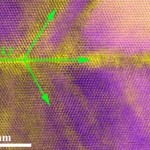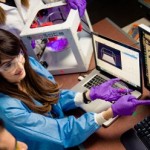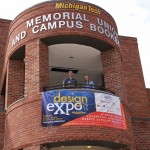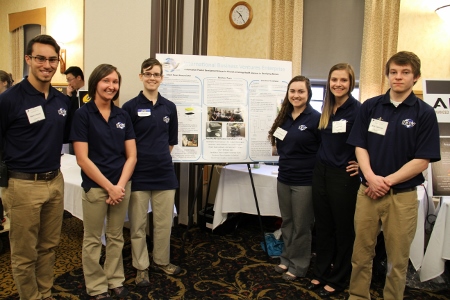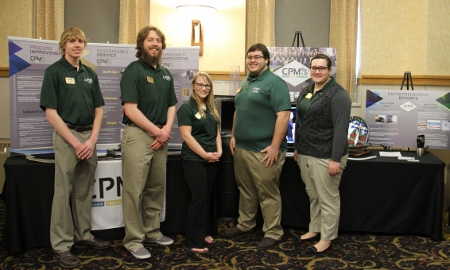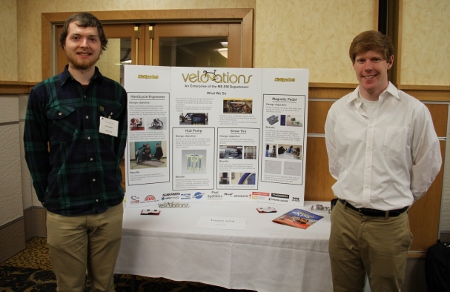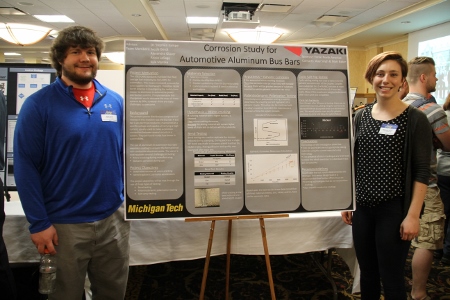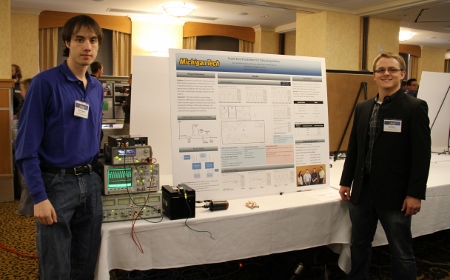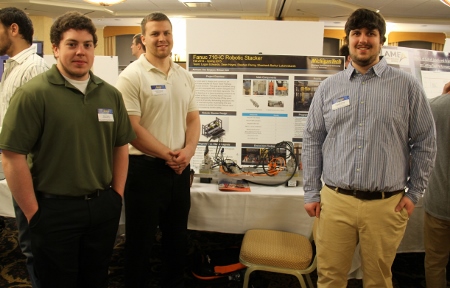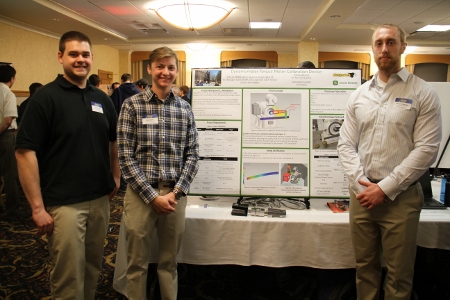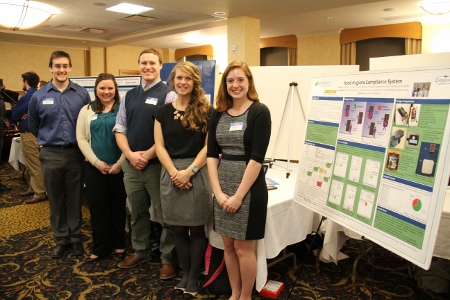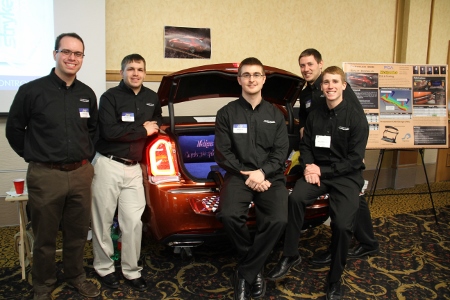 A group of 13 Keweenaw Bay Indian Community youth took part in an immersion experience in Science, Technology, Engineering and Math (STEM) education and careers, May 26 to 30, 2015 on Isle Royale. The program, entitled “MAAMAADIZI II”, was co-sponsored by the Keweenaw Bay Indian Community, the Cedar Tree Institute of Marquette, the Isle Royale Institute and Michigan Tech’s Ride the Waves with General Motors Program. MAAMAADIZI, meaning “the Journey begins” in the Anishinaabe language, sought to immerse students in a wilderness environment rich in both scientific and spiritual content. A diverse community participated in the Journey, including spiritual advisors, artists, scientists, chaperones, graduate student mentors and KBIC drummers … a grand party of 32 travelers. Isle Royale National Park provided an ideal wilderness setting for this important work.
A group of 13 Keweenaw Bay Indian Community youth took part in an immersion experience in Science, Technology, Engineering and Math (STEM) education and careers, May 26 to 30, 2015 on Isle Royale. The program, entitled “MAAMAADIZI II”, was co-sponsored by the Keweenaw Bay Indian Community, the Cedar Tree Institute of Marquette, the Isle Royale Institute and Michigan Tech’s Ride the Waves with General Motors Program. MAAMAADIZI, meaning “the Journey begins” in the Anishinaabe language, sought to immerse students in a wilderness environment rich in both scientific and spiritual content. A diverse community participated in the Journey, including spiritual advisors, artists, scientists, chaperones, graduate student mentors and KBIC drummers … a grand party of 32 travelers. Isle Royale National Park provided an ideal wilderness setting for this important work.
The Michigan Tech team of 6 members traveled to Isle Royale aboard the R/V Agassiz with Captain Stephen Roblee at the helm; the rest of the party came across on the MV Ranger III. Once on the island, the R/V Agassiz provided transport to campsites, ferry service for on-island field trips and served as a platform for STEM offerings. KBIC students, MTU graduate student mentors and chaperones camped for two nights at Daisy Farm, with the entire party moving to Tobin Harbor Cottages for the last two nights.
STEM Science was presented through water quality measurements (light and temperature sensors, Secchi disk transparency) and collections (plankton and bottom organisms) made in Moskey Basin and in the open lake from the R/V Agassiz. Samples were examined on board using microscopes and dissecting scopes. The STEM Science program was led by Dr. Marty Auer of Michigan Tech supported by graduate student mentors Varsha Raman, Aubrey Scott and Nathan Zgnilec.
STEM Math was presented within the context of mass and compass (on land, Jon Magnuson, Cedar Tree Institute) and vessel navigation (on the water, Stephen Roblee, MTU). Hikes to Mount Ojibway and an R/V Agassiz cruise around ice-encrusted Blake Point to a shipwreck site on the Palisades provided the venue for STEM Math offerings.
Students also participated in Art and Spirit Projects led by artist and illustrator Diana Magnuson of the Cedar Tree Institute. Ken Vrana, Director of the Isle Royale Institute, guided students on hikes and on field trips to Rock Harbor Lighthouse, Edisen Fishery and the Island home of the Isle Royale Wolf-Moose Project hosted by MTU’s Rolf and Candy Peterson.
The Journey was wrapped up with a Feast prepared by the Rock Harbor Lodge, a Ceremony hosted by the Keweenaw Bay Indian Community Drum and an evening campfire with S’mores.
The KBIC, particularly Lori Sherman and chaperones Richard Wickstrom and Katrina Ravindran, deserves special thanks for logistical and financial support. The Isle Royale Institute contributed financial and made other contributions which greatly enriched the experience. The R/V Agassiz and Captain Stephen Roblee were made available through Ride the Waves with General Motors. Wilderness STEM experiences with KBIC youth were originated in 2013 by Jon Magnuson of the Cedar Tree Institute and Marty Auer of Michigan Tech and, with support from General Motors are now in their third year.




